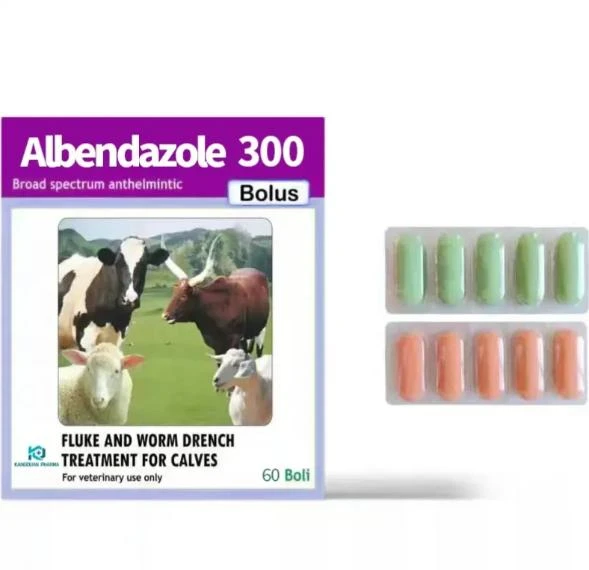- Afrikaans
- Albanian
- Amharic
- Arabic
- Armenian
- Azerbaijani
- Basque
- Belarusian
- Bengali
- Bosnian
- Bulgarian
- Catalan
- Cebuano
- Corsican
- Croatian
- Czech
- Danish
- Dutch
- English
- Esperanto
- Estonian
- Finnish
- French
- Frisian
- Galician
- Georgian
- German
- Greek
- Gujarati
- Haitian Creole
- hausa
- hawaiian
- Hebrew
- Hindi
- Miao
- Hungarian
- Icelandic
- igbo
- Indonesian
- irish
- Italian
- Japanese
- Javanese
- Kannada
- kazakh
- Khmer
- Rwandese
- Korean
- Kurdish
- Kyrgyz
- Lao
- Latin
- Latvian
- Lithuanian
- Luxembourgish
- Macedonian
- Malgashi
- Malay
- Malayalam
- Maltese
- Maori
- Marathi
- Mongolian
- Myanmar
- Nepali
- Norwegian
- Norwegian
- Occitan
- Pashto
- Persian
- Polish
- Portuguese
- Punjabi
- Romanian
- Russian
- Samoan
- Scottish Gaelic
- Serbian
- Sesotho
- Shona
- Sindhi
- Sinhala
- Slovak
- Slovenian
- Somali
- Spanish
- Sundanese
- Swahili
- Swedish
- Tagalog
- Tajik
- Tamil
- Tatar
- Telugu
- Thai
- Turkish
- Turkmen
- Ukrainian
- Urdu
- Uighur
- Uzbek
- Vietnamese
- Welsh
- Bantu
- Yiddish
- Yoruba
- Zulu
9 月 . 23, 2024 06:29 Back to list
tylosin injectable for chickens
Tylosin Injectable for Chickens An Overview
Tylosin is a macrolide antibiotic commonly used in veterinary medicine, particularly in the poultry industry. Its main application is to promote growth, improve feed efficiency, and prevent or treat various bacterial infections in chickens. Tylosin is especially effective against Gram-positive bacteria, making it a valuable option for combating respiratory and enteric diseases in poultry.
Mechanism of Action
As a macrolide antibiotic, tylosin works by inhibiting bacterial protein synthesis. It binds to the 50S subunit of the ribosome, blocking the elongation of peptide chains during protein synthesis. This action ultimately leads to the suppression of bacterial growth and replication, which is crucial for managing infections in flocks. By reducing the bacterial load, tylosin helps maintain the overall health of chickens, ensuring optimal growth and productivity.
Uses in Poultry
In the poultry industry, tylosin is primarily used to treat and prevent infections caused by organisms such as Mycoplasma, which can lead to chronic respiratory disease in chickens. Additionally, it is effective against various strains of Clostridium and other pathogens that can negatively impact the health and performance of birds. The injectable form of tylosin allows for rapid absorption and effective concentration in the bloodstream, providing quick relief from infections.
Administration and Dosage
tylosin injectable for chickens

Tylosin can be administered either orally or by injection, depending on the severity of the infection and the specific needs of the flock. The injectable form is often preferred for acute infections or when rapid action is required. Dosage varies based on the age, weight, and health status of the chickens, as well as the specific formulations used. It is essential to follow the veterinary guidelines closely to ensure proper dosage and minimize the risk of developing antibiotic resistance.
Benefits to Poultry Farmers
The incorporation of tylosin into poultry health management programs offers numerous benefits to farmers. By effectively controlling infections, tylosin helps reduce mortality rates and improves overall flock health. This, in turn, leads to increased productivity, as healthier birds exhibit better feed conversion rates and enhanced growth performance. Additionally, the preventive use of tylosin can reduce the incidence of disease outbreaks, leading to lower veterinary costs and improved economic returns for poultry operations.
Safety and Withdrawal Periods
Despite its effectiveness, it is crucial for poultry farmers to be aware of the safety and withdrawal periods associated with tylosin use. Adhering to recommended withdrawal times is essential to ensure that residual antibiotics do not enter the food supply, which could pose a risk to human health. Farmers are advised to maintain a careful record of tylosin administration to comply with food safety regulations and provide safe poultry products to consumers.
Conclusion
Tylosin injectable for chickens represents a significant advancement in poultry health management. Its efficacy in treating bacterial infections and promoting growth makes it a valuable tool for farmers. However, responsible use, dosaging, and adherence to withdrawal periods are essential to maximize its benefits while ensuring food safety. As the poultry industry continues to evolve, tylosin will likely remain an integral part of maintaining healthy and productive flocks.
-
The Power of Radix Isatidis Extract for Your Health and Wellness
NewsOct.29,2024
-
Neomycin Sulfate Soluble Powder: A Versatile Solution for Pet Health
NewsOct.29,2024
-
Lincomycin Hydrochloride Soluble Powder – The Essential Solution
NewsOct.29,2024
-
Garamycin Gentamicin Sulfate for Effective Infection Control
NewsOct.29,2024
-
Doxycycline Hyclate Soluble Powder: Your Antibiotic Needs
NewsOct.29,2024
-
Tilmicosin Premix: The Ultimate Solution for Poultry Health
NewsOct.29,2024













